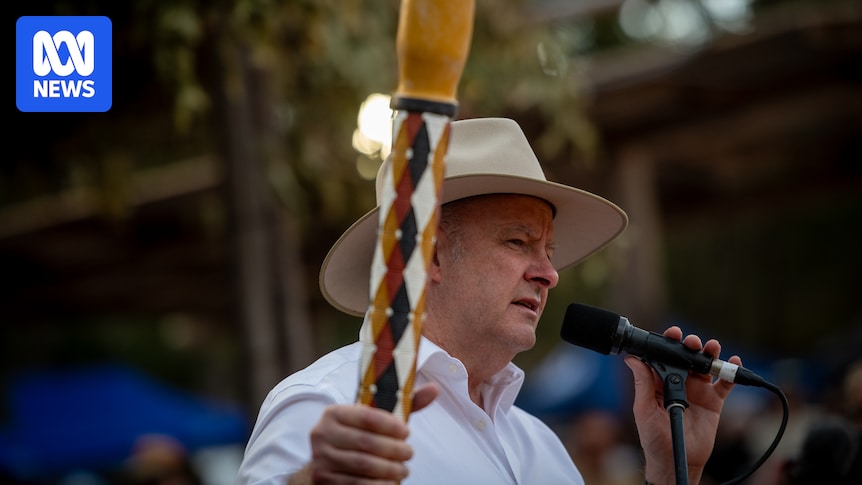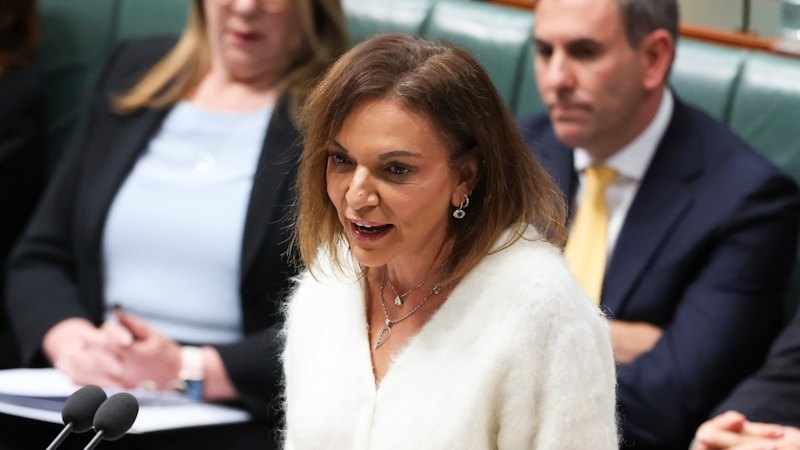
Prime Minister Anthony Albanese is poised to announce a transformative economic development plan aimed at lifting Indigenous communities out of poverty. This announcement is set to take place at the Garma Festival in north-east Arnhem Land on Saturday, where Albanese will introduce a new “economic alliance” between the Commonwealth and First Nations people.
The initiative marks a significant step in Indigenous affairs for the federal government, which returned to power with an increased majority in the May election. Albanese’s address will emphasize the need to support First Nations people in “unlocking the true potential of their land,” a sentiment that resonates deeply given the historical context of Indigenous land rights in Australia.
Historical Context and Current Challenges
The Garma Festival, born from the pain of broken political promises, serves as a platform for Indigenous voices and aspirations. For over 25 years, it has been a symbol of resilience and a call for progress. The Indigenous land estate in Australia is estimated to cover about 70 percent of the country. However, as highlighted in the recent Yoorrook Justice Commission report, these communities have often been excluded from economic development opportunities on their own land.
Albanese’s plan includes investing in the First Nations Economic Empowerment Alliance, a partnership with the Coalition of the Peaks, which represents over 80 Aboriginal community-controlled organizations. This initiative builds on the government’s commitment to the Closing the Gap Agreement, emphasizing shared decision-making and economic empowerment.
Key Announcements and Economic Investments
The prime minister is expected to announce initial investments of $70 million for First Nations clean energy projects and $75 million for Native Title reforms. These investments aim to set a new standard for pragmatic action that fosters economic development, ownership, and equity in Indigenous communities.
“This is the tone and the standard we want this partnership to set, from the very start — pragmatic action that brings economic development, ownership and equity to communities,” Albanese will state at the Key Forum.
Labor’s federal Social Services Minister Tanya Plibersek is among the politicians attending Garma this year, underscoring the government’s commitment to Indigenous issues.
Political Implications and Future Directions
This announcement follows Albanese’s previous economic empowerment agenda, introduced in 2024 after the failed Voice referendum. With Labor now holding a super-majority in the House of Representatives, there is potential for sustained focus on Indigenous economic empowerment in successive terms.
Djawa Yunupingu, a senior leader of the Gumatj clan, is expected to address the festival, urging the prime minister to continue working with Indigenous communities despite past setbacks. Yunupingu emphasizes the need for renewed dialogue on treaty and truth-telling, issues that remain unresolved since the Uluru Statement from the Heart.
“Treaty and Makarrata and the truth telling is yet to be decided, it is yet to be talked upon or talked amongst like we did for the Uluru Statement,” Yunupingu said.
Opposition and Criticism
Opposition Leader Sussan Ley will not be attending the Garma Festival, opting instead to visit Indigenous communities in the Kimberley region. In a statement, Ley criticized Albanese for “stepping back” from Indigenous affairs following the referendum’s failure.
“The prime minister traded in the politics of hope and made a number of promises to Indigenous Australians. On many measures these are promises he has not delivered,” Ley stated.
The Coalition has yet to announce any new policies for Indigenous affairs since the election, though it previously proposed a 10-point plan focusing on practical outcomes for First Nations peoples.
Looking Ahead
As the Garma Festival unfolds, the focus will be on how the federal government plans to implement its economic empowerment agenda and address the broader challenges facing Indigenous communities. The dialogue initiated at Garma could set the stage for future policy developments and collaborations between the government and First Nations leaders.
With the potential for long-term political stability, the Albanese government has an opportunity to make significant strides in Indigenous affairs, paving the way for meaningful economic and social advancements.






